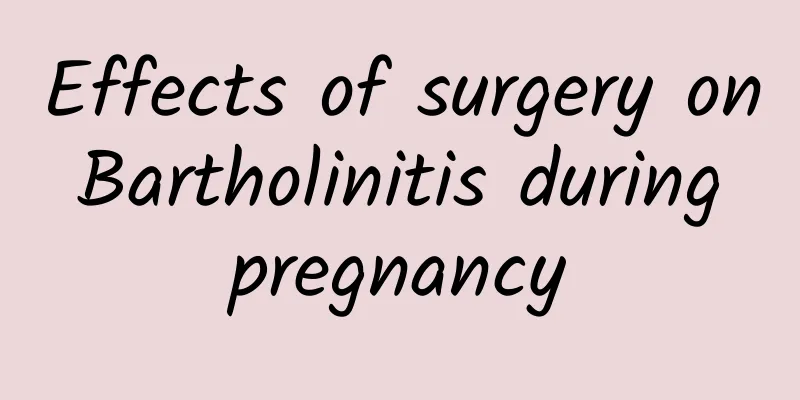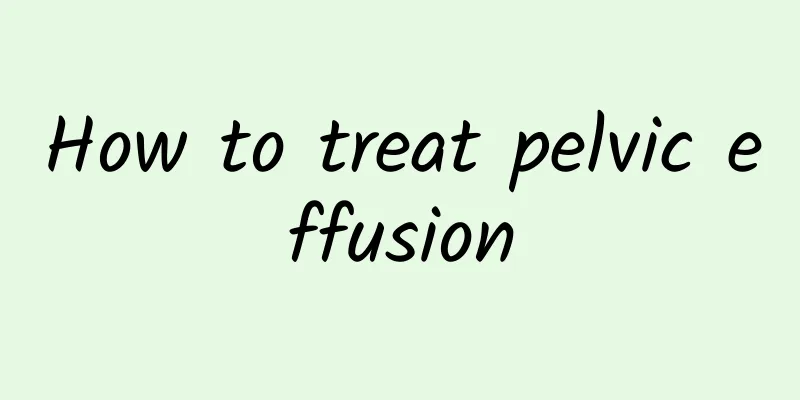Is sleeping in healthier? Sleeping an extra hour a day can help you lose weight

|
According to CBS News, American scientists have discovered a secret weapon to resist the temptation of junk food: a good night's sleep. They found that sleep-deprived, overweight adults who got an average of 96 minutes more sleep per night had a 62 percent lower craving for junk food and a 14 percent lower appetite. The participants had previously slept an average of less than 6.5 hours per night. Scientists in the United States have discovered a secret weapon to resist the temptation of junk food: a good night's sleep. During the first week of the study, they continued their normal sleeping habits but wore activity monitors to assess how much sleep they got. After a week, the researchers recorded the participants' sleeping habits, family environment and lifestyle, and then adjusted and optimized their schedules for the next two weeks, including not watching TV or surfing the Internet before going to bed. At the end of the experiment, participants slept an average of 96 minutes more per night, approaching the optimal sleep time of 8 hours per night. They generally felt that they had more energy than before. In addition, they felt less hungry and had a much reduced desire for high-salt and high-fat foods. Sleeping less than 6 hours may increase your risk of obesity Esra Tashali, assistant professor of medicine at the University of Chicago who led the study, explained that lack of sleep can cause metabolic disorders in the human body, making it easy to consume extra energy to make up for the consumption. Despite the availability of a variety of tempting snack options, people still choose unhealthy foods and overeat. Extra sleep can help reduce this temptation. Previous studies have also shown that people who sleep less than six hours a night are more likely to face the risk of weight gain and obesity. According to statistics from the Centers for Disease Control and Prevention, one-third of American adults sleep less than six hours a night. Unfortunately, in real life, most people find it difficult to carve out an extra hour and a half of sleep with so much going on in the day. According to the Centers for Disease Control and Prevention, one-third of American adults sleep less than six hours a night, instead of the recommended seven to eight hours. But the researchers believe that the most important thing is to make people aware that extending sleep time is feasible and does have benefits. Tashali stressed that no matter how busy people are, getting enough sleep is still necessary. The findings are published in the September issue of the journal Appetite. Source: 39 Health Network www.39.net Please do not reprint without written authorization |
<<: 14 Ways to Prevent Sports Injuries by Pursuing a Vest Line
>>: Amino acid drinks help you lose weight? More effective with exercise
Recommend
You can lose weight just by walking! Try these 2 walking exercises to help burn fat
Reasons why you are doomed to fail in losing weig...
How to diagnose bacterial vaginosis
The diagnosis of bacterial vaginitis is very help...
The best period for painless abortion
The best time for painless abortion is usually 6 ...
Fruit weight loss depends on your body type. Watermelon is good for cooling off, but don't eat it to get fat.
In the scorching summer sun, juicy and cooling fr...
Can’t control your appetite? Study: E. coli can help
"Cell Metabolism" published a study by ...
What causes abdominal pain during menstruation?
What causes abdominal pain during menstruation? T...
Why do women need to undergo B-ultrasound examinations before and after abortion? What are the functions of B-ultrasound examinations after abortion?
Why do we need to do B-ultrasound examination bef...
What causes ovarian cysts?
There are two main causes of ovarian cysts: physi...
Is menstrual irregularity a common symptom of uterine fibroids?
Uterine fibroids are a common gynecological disea...
Cervical Precancerous Lesions Hospital Directory
As a patient, the level of hospital experts is on...
What are the hazards of endometrial tuberculosis to the human body?
Gynecologists tell us that endometrial tuberculos...
What is the best medicine for cervical warts
Many people do not want to use Western medicine t...
What are the common causes of menstrual irregularities in women?
Irregular menstruation is a common female disease...
Strengthen your pelvis! 2 moves to eliminate belly fat
This exercise can strengthen the loose and de-ela...
What is endometrial tuberculosis?
What is the cause of endometrial tuberculosis? Wh...









